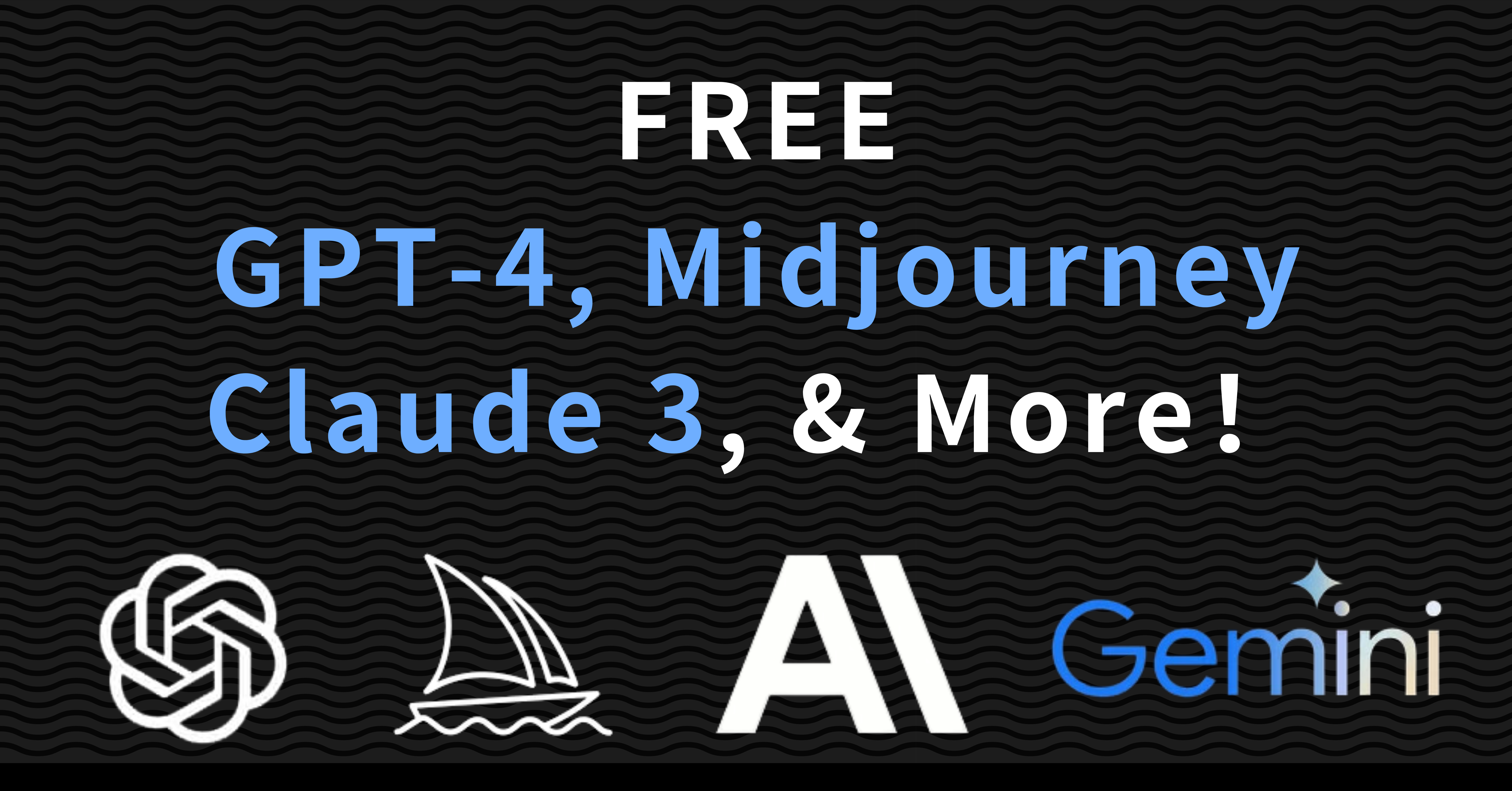Exploring Uncensored ChatGPT: Innovation Meets Ethical Challenges in AI

In an age where digital communication and artificial intelligence are intertwining more intricately, the emergence of uncensored ChatGPT models presents a new frontier in AI technology. These models promise a raw, unfiltered approach to machine learning conversations, offering potential for richer, more nuanced interactions. However, this advancement also brings forth significant ethical and regulatory challenges that must be navigated with care. This article delves into the implications of uncensored AI platforms, exploring their potential to revolutionize digital communications while considering the ethical boundaries they must operate within.
The Promise of Uncensored ChatGPT
Uncensored ChatGPT models provide a unique opportunity to push the boundaries of natural language processing. By removing filters that typically govern AI responses, these models can offer more authentic and comprehensive interactions. This capability could be particularly transformative in fields such as psychotherapy, creative writing, and customer service, where depth and nuance in conversation are crucial.
Benefits of Unrestricted AI Conversations
Enhanced Realism: Uncensored AI can mirror human conversational patterns more closely, leading to a more genuine interaction experience.
Improved Problem Solving: With fewer restrictions, AI can explore a wider range of solutions and ideas, potentially leading to breakthroughs in various domains.
Greater Customization: Users can tailor AI interactions to suit specific needs without the limitations imposed by pre-set content filters.

Pay-as-You-Go:
Top Up from Just $1 Balance Never Expires
All-in-One: Access All Models in One Place
AI Total Data Privacy
Unlimited Usage Limitation
Accepts Fiat and Crypto Payments
Ethical Considerations and Challenges
The deployment of uncensored ChatGPT models is not without its challenges. Primary among these are the ethical implications of AI that can speak without filters.
Potential Risks of Uncensored AI
Spread of Misinformation: Without filters, there is a risk that AI could generate and spread false or misleading information.
Reinforcement of Biases: AI systems learn from vast datasets that may contain biased human views; without filters, these biases could be amplified.
Privacy Concerns: The capability to generate uncensored content might lead to the inadvertent revelation of sensitive information.
Navigating the Ethical Landscape
To address these challenges, developers and regulators are working together to establish robust ethical guidelines and frameworks that ensure responsible use of uncensored AI technologies. Transparency in AI processes, ongoing monitoring, and inclusive training data are key factors in mitigating potential risks.
Future of Uncensored AI Platforms
The future of uncensored AI is poised on a knife-edge between great potential benefits and significant ethical concerns. As technology advances, the debate around these models will likely intensify, with a focus on how best to harness their capabilities while safeguarding societal norms and values.
Innovative Pathways and Regulatory Frameworks
Advancements in AI safety, novel regulatory frameworks, and enhanced public engagement are essential as we move forward with developing and deploying uncensored AI models. These efforts will help ensure that innovations in AI continue to benefit society as a whole.
Conclusion: Balancing Innovation with Responsibility
As we explore the uncensored capabilities of ChatGPT, the journey promises to be as challenging as it is exciting. By fostering a balanced approach that embraces both innovation and ethical responsibility, we can ensure that the development of AI technologies reflects our collective values and aspirations.
By understanding the expansive capabilities and potential pitfalls of uncensored AI, stakeholders can better prepare for a future where AI is a pervasive part of our digital lives.
See Also
Free Mastery of Claude 3 Opus: An In-Depth Manual
Free Access to GPT-4: A Detailed Tutorial
AI Empowerment: Unleashing the Potential of ChatGPT
